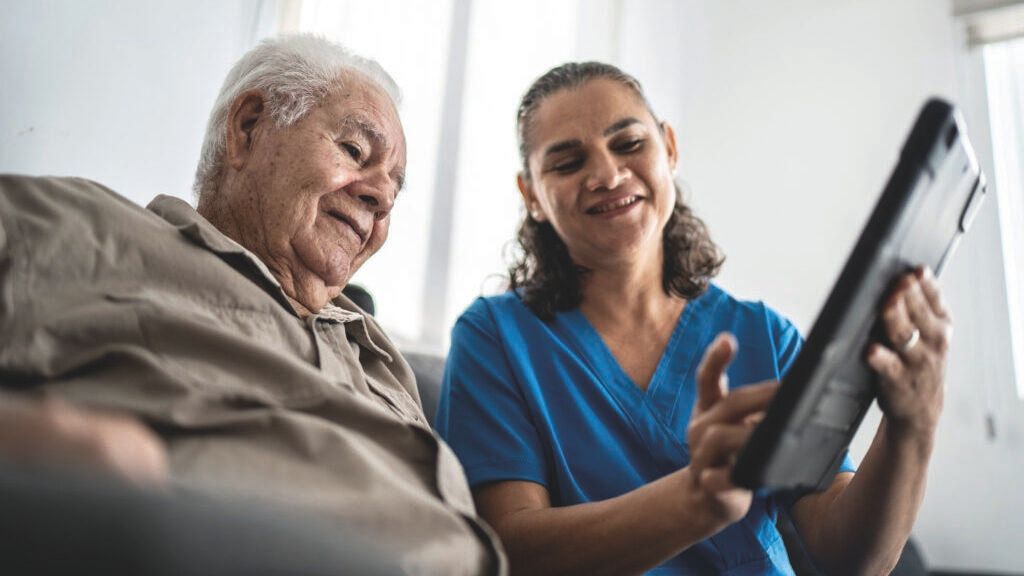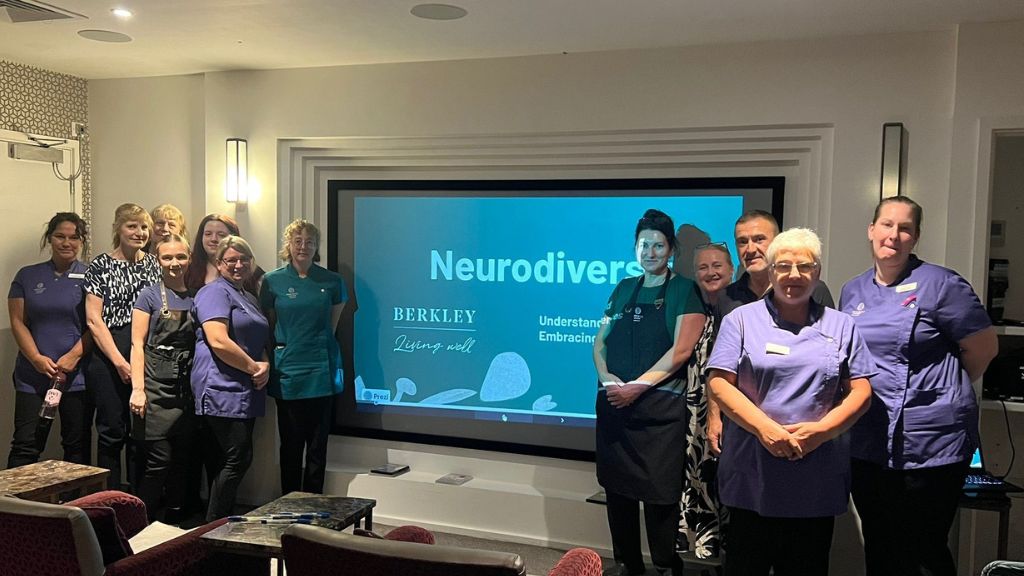Volunteering: Here to help

Sam Ward, deputy chief executive of the Royal Voluntary Service, says volunteers can play a major role in supporting those working in care and those drawing on care services
At Royal Voluntary Service, we took our decades of experience with volunteering for the health sector and said ‘what about care?’
While volunteering in adult social care isn’t a new concept, we were asking how we can open the doors wider, so the sector can benefit further from the vital, responsive services that support the NHS.
The pandemic and cost of living crisis have helped increase awareness of the issues facing the care sector. There is an urgent need for charities, like ourselves, to think about how we can better support those working in care and those drawing on care services.
The pandemic also reinforced the critical role played by volunteers in supporting the health and wellbeing of communities. The Volunteer Responders programme, originally created to support NHS colleagues and services in England during the pandemic, has responded to more than 2.5 million requests for help to support approximately 200,000 people.
Today, there’s a great opportunity to further tap into the immense potential of volunteers in the care sector. Volunteer Responders has expanded to social care. The free, flexible and easy-to-use programme is making it easier for care professionals to request support, volunteers to provide support and for care recipients to receive volunteer support.
Of course, that’s not to say that Volunteer Responders are the answer to workforce shortages.
Research conducted by Royal Voluntary Service underscores the far-reaching impact of volunteers in care settings and the value they add to the lives of those they serve. The evidence highlighted benefits for care recipients, including improved mood, enhanced cognitive functions and general improvements in care service quality. Additionally, for care staff, there’s an increase in job satisfaction and reduced levels of work stress when working with volunteers.
Of staff currently working with volunteers, 98% stated they “enjoy working with volunteers” and 90% of staff not currently working with volunteers would like to see more volunteers in care. Additionally, 82% agreed volunteers can play a vital role in supporting social care in the same way they support the NHS.
Through the Volunteer Responders programme, care professionals can request support with a range of services such as short-term telephone support for people who need a friendly call and some encouragement to improve their wellbeing, regular telephone support for more vulnerable people, grocery and essential shopping delivery, and delivery of medical equipment.
These activities aim to extend care and practical aid to people in receipt of social care, enhancing their wellbeing and contributing to their improved quality of life. Volunteers will not be doing the work of care colleagues but will complement the existing workforce, allowing care and health colleagues to focus on providing quality care to those who need it most.
Volunteer Responders support is available seven days a week and comes with comprehensive support and assurance. There is a helpline, safeguarding team and problem-solving team available between 8am and 8pm every day. Regional relationship managers are available in each region to answer questions about the programme, the volunteer support available and how to make a referral.
We want more care providers to make full use of the programme. It’s incredibly straightforward to request the support of volunteers and I urge anyone interested in exploring this additional support to visit our nhscarevolunteerresponders.org or call our support team on 0808 196 3382 to find out more information or to make a referral.




